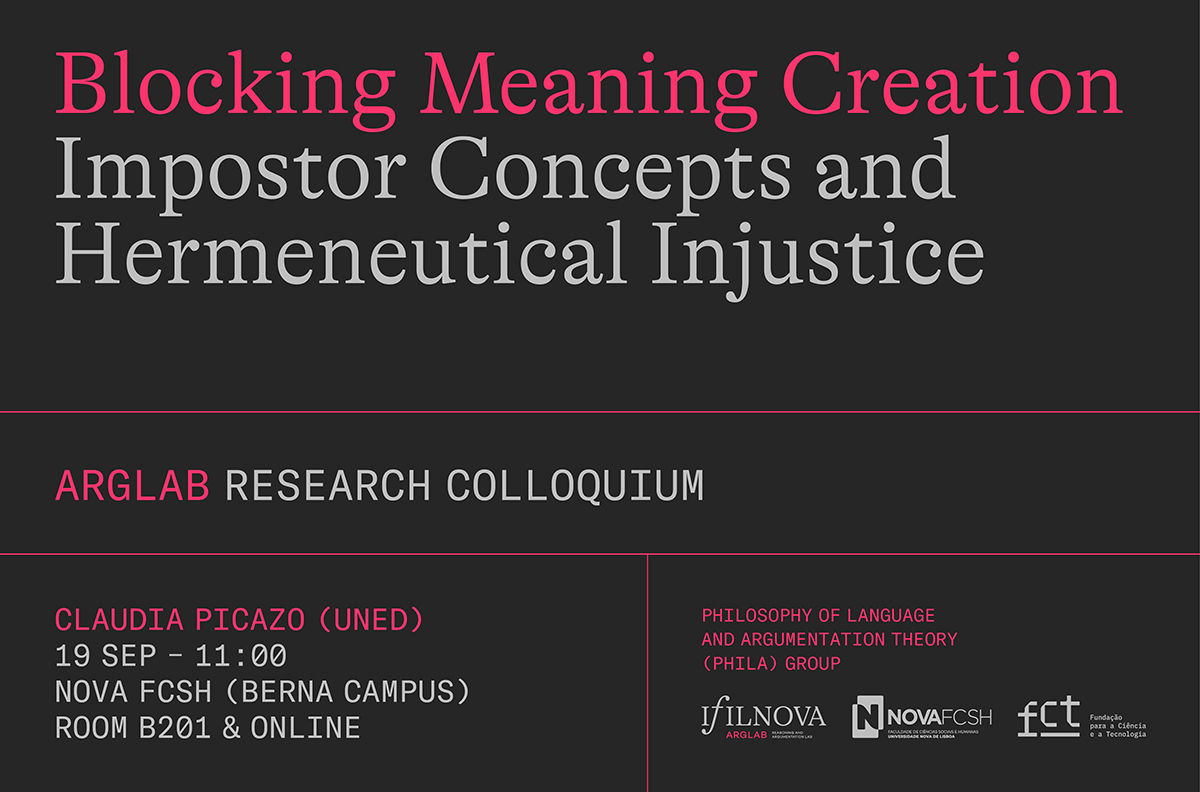Claudia Picazo on “Blocking Meaning Creation: Impostor Concepts and Hermeneutical Injustice”

In Fricker’s view of hermeneutical injustice, hermeneutically marginalized groups sometimes suffer from an inability to understand their own experiences, due to the absence of the relevant concepts in the collective conceptual repertoire. Here we argue that hermeneutical marginalization alone is insufficient to explain the existence of conceptual lacuna: marginalized groups are in principle capable of creating their own hermeneutical tools. We identify a specific mechanism that explains the persistence of conceptual lacuna. Sometimes an adequate concept is lacking in the collective resource but, in its place, we have an authoritative but delusive concept that falsely describes some experience. This is what we call an impostor concept. While an impostor concept is in place, a sense of understanding is achieved, and this blocks the search for better concepts. The resulting view is one in which marginalized groups not only lack an appropriate understanding of their experiences: they are also provided with a distorted one that blocks meaning creation. [Joint work with Laura Delgado.]
Claudia Picazo (UNED)
To join the session on Teams, use this link.
This event is part of the ArgLab Research Colloquium organised by Maria Grazia Rossi and Giulia Terzian at the Laboratory of Argumentation, Cognition and Language of the NOVA Institute of Philosophy. For any inquiries, please contact Maria Grazia or Giulia.

